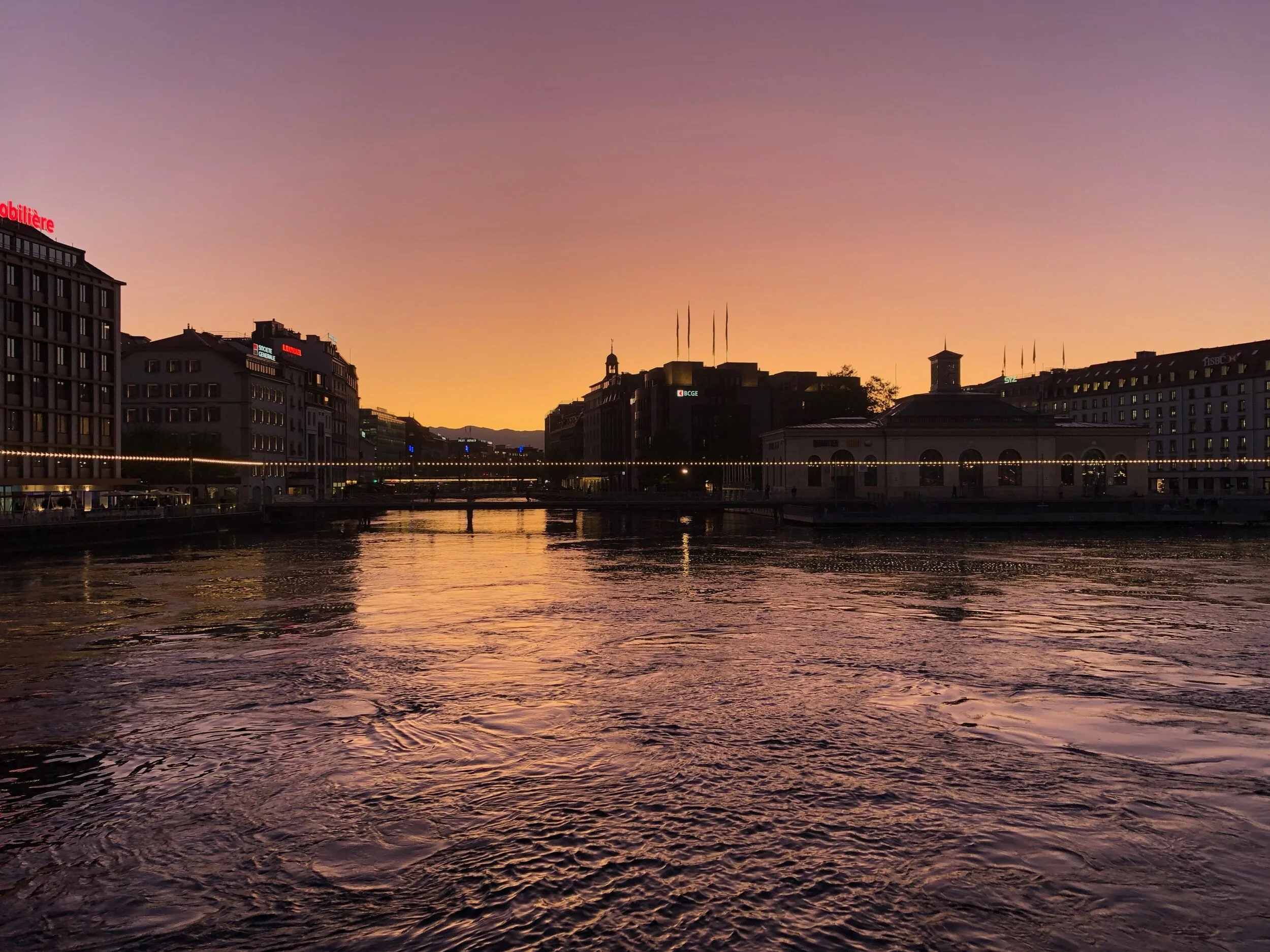Ultimately, there was really only one compelling idea: empower members and advocates from around the globe to interact within an informed context of trade and work with the institution as it actually existed. It was—and remains—a fundamental point. The WTO is currently winnowing down candidates to fill the vacant Director General post and considering a wide range of reform proposals and suggestions. The institution’s faltering legal system just ruled in a dispute between two of the largest members in the system, setting up another round of inquiries into the health and functioning of what has always been called the “crown jewel” of the organization. As WTO members grapple with the biggest sets of challenges faced over its 25-year history, maintaining a clear-eyed view of possibilities is important. The WTO may become anything the members want it to become, but for the moment, it does not operate with the same logic or functions like the UN, the IMF, the World Bank, the OECD, a national government, a corporation, or an NGO. Transposing the “wishful thinking” that WTO reform will take place based on experiences with these other institutions and organizational forms, no matter how good, will fail.
Wanted: An Unusual Suspect for the Next WTO Director General
It is time for WTO members to salvage the system they have and begin its repair rather than choosing a new wallpaper. This is a tall order for the next Director General. The next DG must have an intimate understanding of emerging trade and economic issues, particularly those that will define competitiveness and sustainability in the future in areas such as digital, services, and intellectual property, which account for a growing proportion of value-added. Issues related to climate change—from carbon reduction solutions to climate friendly products and processes—will play a growing role in national actions and thus in trade policy. Part of the DG’s role will be to demonstrate to members that these are no longer Northern agenda items, but global ones, and that multilateral engagement on these issues is essential to deliver prosperity for all. High on the list of selection criteria should be managerial skills, which have been given lower priority in previous processes. Such skills include the capacity to envision, to bring out-of-the-box thinking to bear, and to guide change processes with members; to synthesise and communicate a shared vision of an updated WTO; and the ability to energise members and the WTO staff in the Secretariat toward a mission of reform. She or he will need the interpersonal skills to bridge differences and build trust, and the strategic and tactical skills to organise for action. The WTO possesses a devoted and high-calibre Secretariat with whom the DG should promote shared objectives and leadership in generating the innovation that will be needed for effective change


